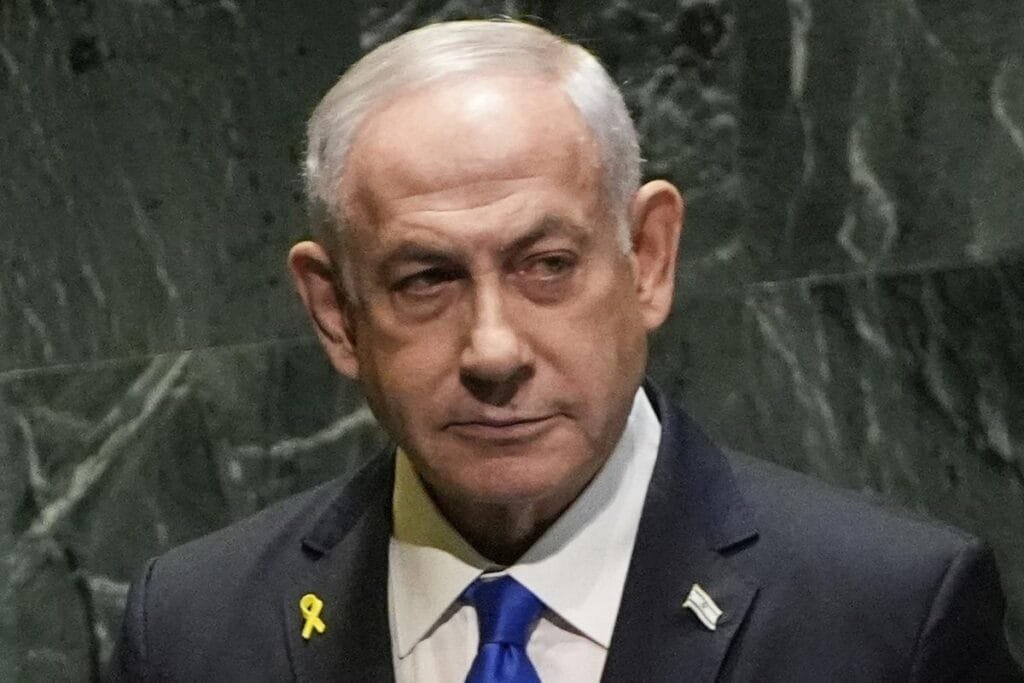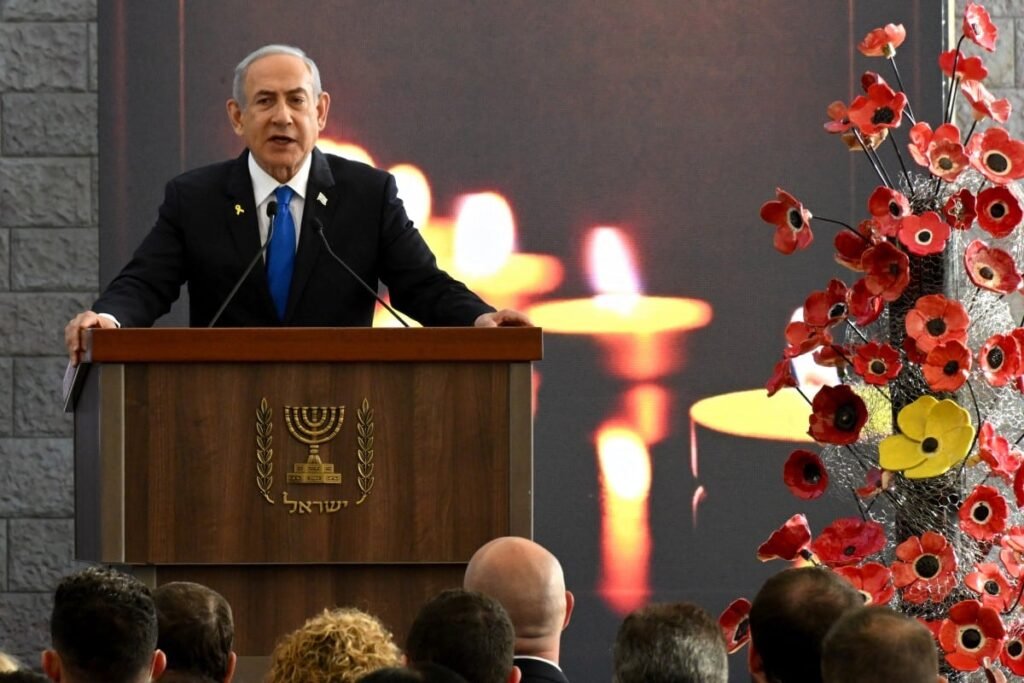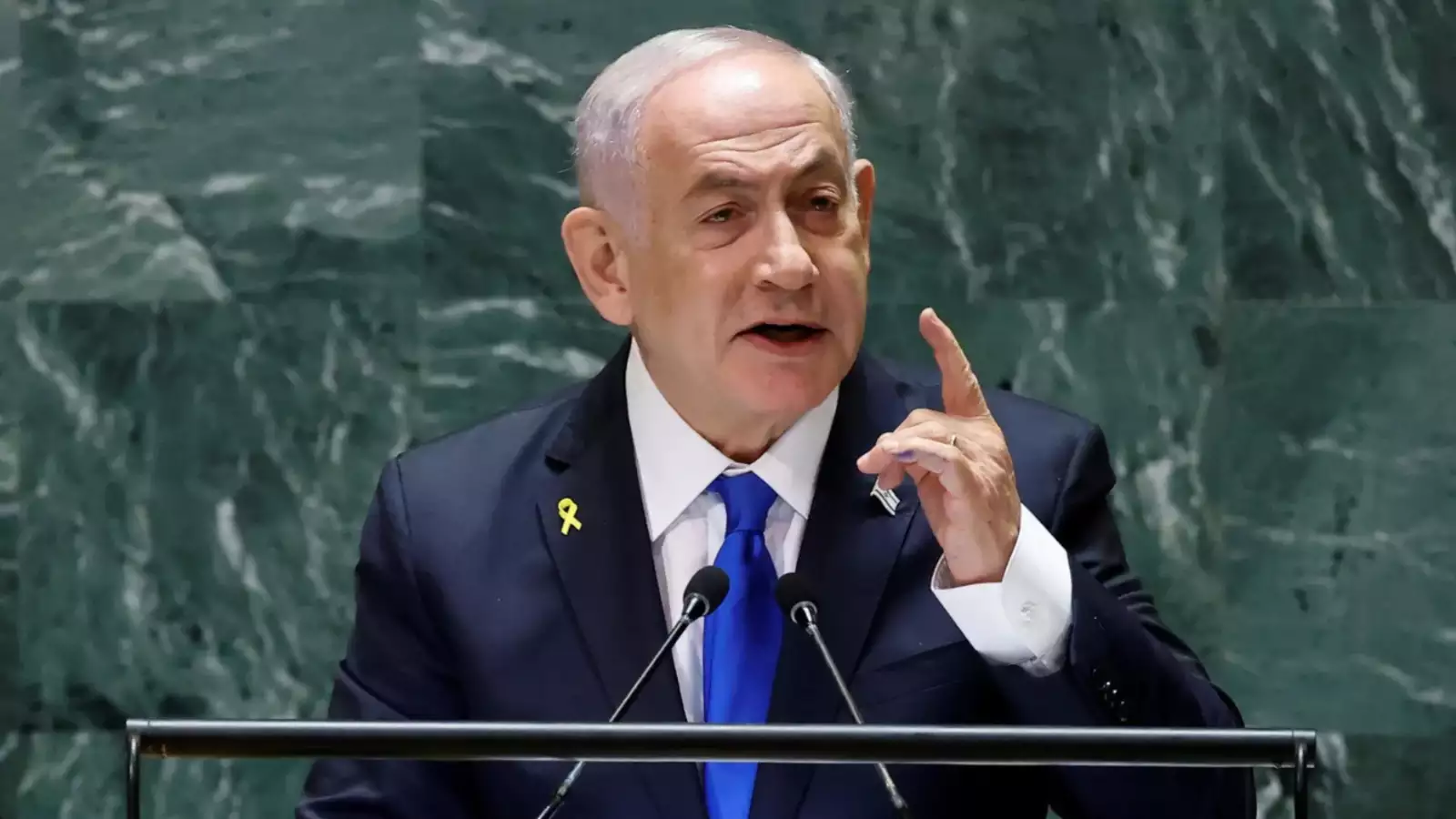The Highlights:
Confirming on Thursday that he had authorized the latest round of Israeli military strikes in Lebanon, Prime Minister Benjamin Netanyahu said that he approved the attacks, which focused on Hezbollah positions. The confirmation is one of the first open acknowledgments regarding Israeli operations in Lebanon and reflects growing tensions between Israel and the Lebanon-based Shiite militant group, Hezbollah. This has further raised international alarm as the region moves ever closer to wider conflict.
Details of the Attack: A Strategic Attack on Hezbollah Positions
The Israeli Defense Forces had resorted to several air strikes and artillery bombardments in the southern region of Lebanon targeting Hezbollah’s strongholds. According to reports, this was meant to reposition any military assets that Hezbollah might possess and undermine any aggressive intentions against Israel. The targeted areas focused on places with Hezbollah influence where weapon storages, training camps, and command posts are reportedly found.

Prime Minister Netanyahu commented on the issue in a conference where he revealed that “the strikes were essential for maintaining the security of Israel and preventing further escalation from Hezbollah forces,” further referring to his government’s determination to continue defending Israeli citizens against any hostile acts of neighboring groups.
Justification behind Netanyahu’s Action
The move by Netanyahu is seen as a reaction to the mounting provocations from Hezbollah, which Israel terms one of the serious threats on its northern border. Recently, Hezbollah has been accused of intensifying activities with sophisticated arms and reinforcement along the border.

Netanyahu has approved military strikes that send a clear signal to Hezbollah and its allies. Israeli officials have particularly pointed to their anxieties about Hezbollah’s ties with Iran, which they claim supports and arms the group, further fueling the threat Israel perceives.
Regional Consequences: Reaction from Lebanon and International Concern
The Lebanese government has condemned the strikes as a means of violating Lebanon’s sovereignty. They have turned to the United Nations for intervention. President of Lebanon Michel Aoun condemned the strikes, urging the international community to hold Israel responsible for what he termed “aggression against Lebanon’s territorial integrity”.
Other Arab and Middle Eastern nations have condemned the incident, warning that a clash between Israel and Hezbollah may spread into a wider regional conflict. Analysts note that with current instability in the region, any misstep may develop into unwanted escalations.
Hezbollah’s response: is it going to retaliate, or restrain?
It has not yet issued a statement about the airstrikes launched by Israel. But experts believe that this group might be choosing its response very wisely, considering the sensitivities of the situation. Retaliating could, arguably, help retain its position in the eyes of its supporter, but a heightened response could lead to an all-out war with Israel, something Hezbollah may want to steer clear of, considering the financial and political situation at its own doorstep in Lebanon.
Hezbollah leader Hassan Nasrallah had threatened that any action taken by Israel would be met with “equal force.” However, the relative conciliatory tone over the last few months may suggest that the militia prefers not to take on Israel head-to-head at least in the near term. Analysts explain that Hezbollah can continue using asymmetrical means such as low-intensity strikes or cyber warfare and sustain the war without necessarily intensifying it.
International Diplomatic Responses: Calls for De-escalation
Both the United Nations and other Western nations insisted that Israel and Hezbollah should restrain from any acts that could lead to further escalation. The UN Secretary General, António Guterres, called for greater diplomatic activity and warned that all parties involved ought to abstain from any activities that might destabilize the entire region.
The United States, one of Israel’s main allies, said it supported Israel’s right to defend itself but called for restraint. According to the spokesperson for the State Department, “We support Israel’s security concerns but encourage both sides to seek non-violent solutions”. European Union officials expressed concerns about implications for the regional stability and have called for immediate diplomatic efforts to bring the situation under control.
Domestic Reaction in Israel: Public Opinion for Netanyahu’s Harsh Stance
This becomes a positive affirmation of the strikes given by Netanyahu to the whole Israeli nation that perceives Hezbollah as a great danger to their nation. Popular opinion among Israelis is for a strong stance against Hezbollah, considering its association with Iran, Israel’s greatest threat in that region, and Netanyahu, as such, shows their concurrence and aim at ensuring good security for his people and blocking Hezbollah from gaining further mileage across the northern border.
However, some of the opposition leaders have asked for restraint and caution. They say that although the strikes are legitimate, they should not be escalated further. They caution that the country’s security must be protected through diplomacy as much as possible to avoid a long war that could be catastrophic for Israeli civilians.
Long-term Consequences: Changes in the Middle East
Netanyahu’s present moves against Lebanon are going to be a long time in shifting the Middle Eastern perception of relations. This may feature intense competition between Israel and Hezbollah, an element of a much wider conflict between Israel and the Iranian proxies, as wide as parts of Syria and elements of Gaza.
The confirmation of Israel’s involvement also indicates a transition towards further openness about Israel’s defense approach. Traditionally, Israeli officials have shunned admitting involvement in specific military operations against Lebanon and Syria, an approach to avoid direct retaliation. The decision of the prime minister to confirm the strikes publicly may mean a strategic shift toward more assertive policies of deterrence.
Conclusion: High Stakes and A Volatile Situation
The very fragile security landscape in that region has been highlighted by the recent Lebanese conflict, particularly following the approval by Netanyahu of military strikes against Hezbollah positions. Tough choices are given to both Israel and Hezbollah for the next days as they weigh further risks and rewards in the face of more confrontation. As diplomatic efforts continue, the international community is carefully watching in the hope that both parties may shun a larger conflict.
With tensions running at an all-time high and stakes more than ever up in the air, Netanyahu’s strong stance could awaken Hezbollah, but it may also be a spell to instability. At least for the time being, it is the Middle East that sits in the crosshairs of the world, with conflict and diplomacy precariously poised on the edge of a knife.
For Latest News Updates Click Here
